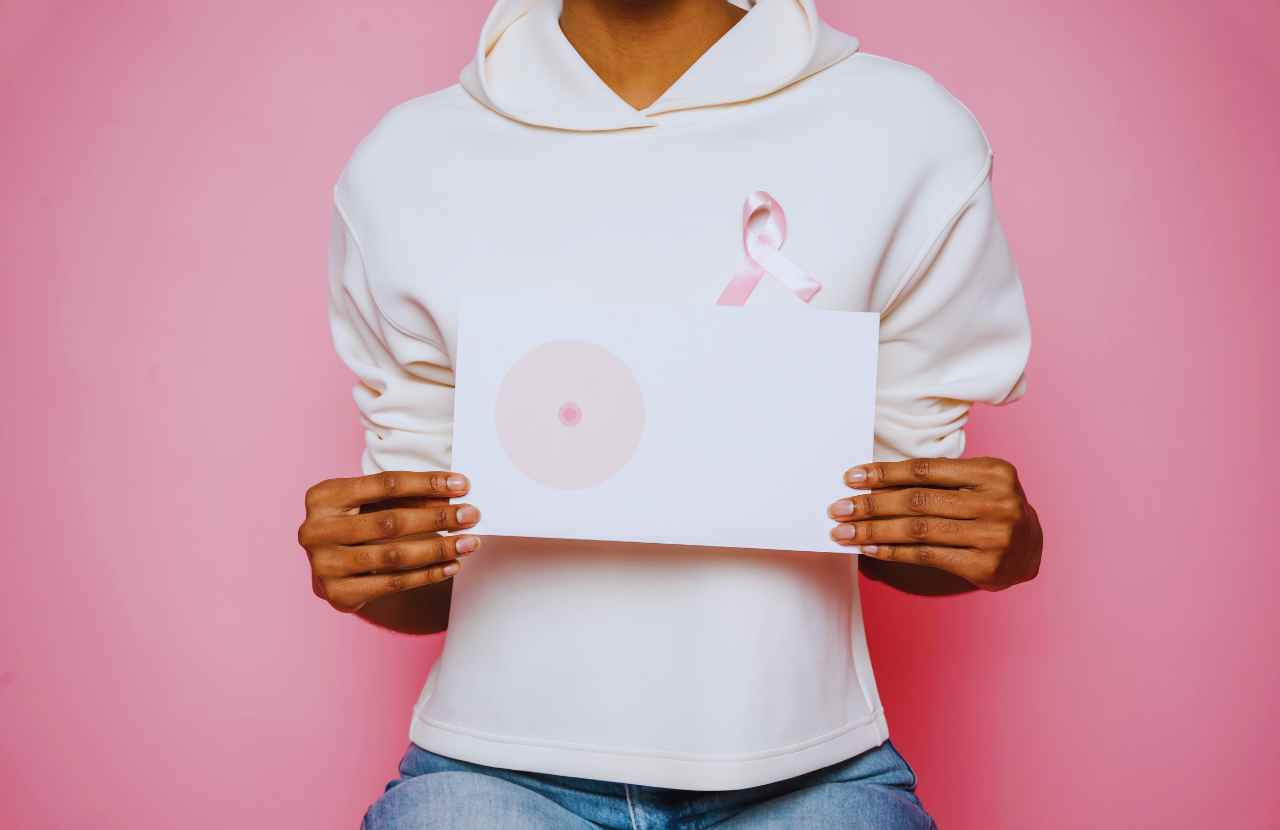Have you ever experienced the peculiar sensation of your left breast feeling unusually cold? While it can be disconcerting, several possible reasons exist behind this phenomenon. This blog post will explore some common explanations of why does your left breast feel cold and when it might cause concern.
Why Does Your Left Breast Feel Cold?
You’re not alone if you’ve ever wondered why your left breast might feel colder than usual. While various factors can contribute to sensations of temperature in different parts of the body, it’s essential to explore the potential reasons behind this specific occurrence.
Temperature Variation
Simple temperature variation is one of the most straightforward explanations for a cold left breast. The human body can experience fluctuations in blood flow and temperature, causing different areas to feel warmer or cooler at various times. If the environment is cold, it’s natural for certain body parts, including the left breast, to feel colder than usual.
Clothing and Fabric Choices
The type of clothing you wear can also contribute to the sensation of a cold left breast. Tight or constricting bras and clothing materials that don’t provide adequate insulation can affect blood circulation and temperature regulation. Pay attention to the fabrics you choose, especially during colder weather.
Nerve Sensitivity
Nerves play a crucial role in how our body perceives temperature. Sometimes, nerves in the left breast might be more sensitive than usual, causing a heightened perception of cold. Factors such as stress and anxiety can also influence nerve sensitivity.
Hormonal Changes
Hormonal fluctuations, particularly during menstruation or menopause, can lead to changes in blood flow and temperature regulation. These changes may manifest as a cold sensation in the left breast. If you notice a pattern related to your menstrual cycle, hormonal influences could be a contributing factor.
Underlying Medical Conditions
Sometimes, a persistently cold left breast may be associated with an underlying medical condition. Conditions such as Raynaud’s disease, which affects blood flow to certain body areas, could be a culprit. If you are concerned or if the sensation persists, it’s essential to consult with a healthcare professional for a thorough examination.
Why are Your Breasts Colder than your Body?
If you’ve noticed that your breasts feel colder than the rest of your body, it’s not uncommon to wonder about the underlying reasons. Understanding several factors can contribute to this sensation, which may help alleviate concerns. It’s important to note that while some causes are benign, others may warrant attention from a healthcare professional. Here are a few potential reasons why your breasts might feel colder:
Blood Circulation
The distribution of blood vessels in the body varies; certain areas may receive less blood flow than others. Being on the extremities, the breasts could experience slightly lower blood circulation compared to your body’s core. This might contribute to a sensation of coldness.
Environmental Factors
External temperatures can affect how different parts of your body feel. If you’re in a cold environment, your breasts might feel colder simply because they are more exposed and have less insulation than your body’s core.
Hormonal Changes
Fluctuations in hormone levels, particularly during menstrual cycles or pregnancy, can impact blood flow and skin temperature. Hormonal changes may influence how blood vessels respond and could contribute to variations in temperature across different body areas.
Individual Variations
Each person’s body is unique, and variations in blood circulation, skin thickness, and temperature sensitivity can contribute to differences in how different body parts feel. Some individuals may naturally experience colder or warmer sensations in certain areas.
Clothing Choices
The type of clothing you wear can also influence how your body perceives temperature. If your breasts are not adequately covered or the fabric is thin, they may feel cooler than the rest of your body.
Final Words
In conclusion, a cold or icy feeling in the breast can have various explanations, ranging from benign factors like temperature variation and hormonal influences to more serious conditions such as poor circulation or underlying medical issues. While some sensations may be temporary and related to normal bodily changes, persistent or concerning symptoms should not be ignored.
Understanding the potential causes empowers you to make informed decisions about your health and well-being. If you’re uncertain about the reasons behind the sensations you’re experiencing or if they persist, seeking advice from a healthcare professional is crucial. A thorough examination can help rule out any underlying medical issues and guide you on appropriate next steps for your situation.
Remember, your health is a priority, and any changes or concerns about your breasts should be addressed promptly to ensure optimal well-being. Regular self-examinations, awareness of changes, and open communication with healthcare providers contribute to maintaining breast health and overall wellness.

